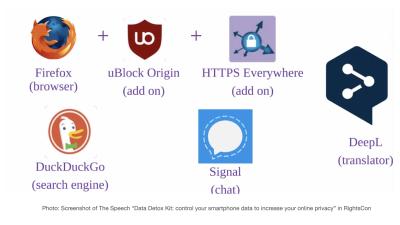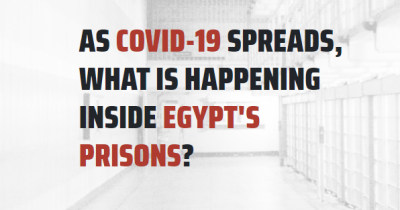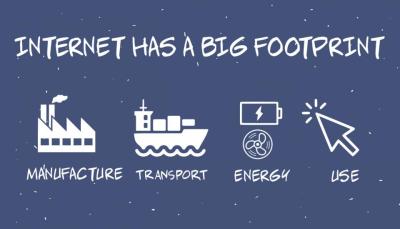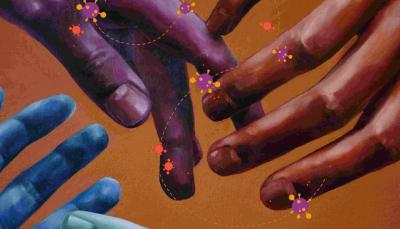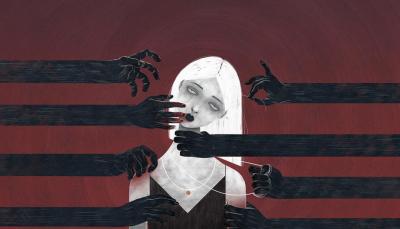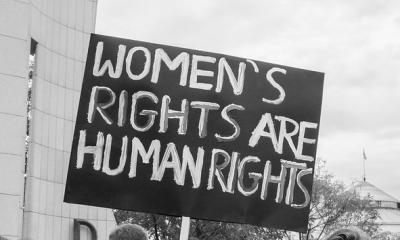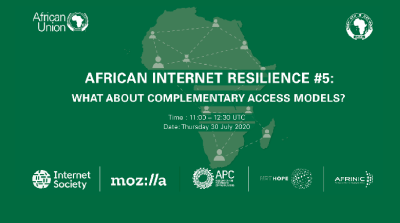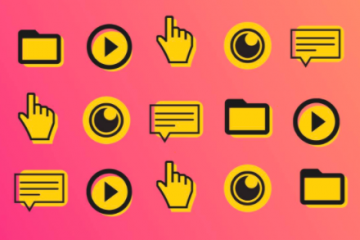APC understands that we are all dealing with unprecedented circumstances as we face the challenges, fear and uncertainty brought on by the spread of the COVID-19 pandemic. We know it impacts our work, our personal lives and the lives of those we care about. Each country is tackling the situation differently, so the contexts we find ourselves in are as diverse as the ways we find to navigate shifting conditions.
In these exceptional times, we wish to send our solidarity and appreciation for connecting with us. While we are distancing ourselves physically, we continue to stay closer than ever to each other and share tools and resources as well as support. We also want to examine how we can continue to promote human rights online in the context of a global pandemic. We are all facing this problem together but we know it affects different countries and communities in different ways. Therefore, we would like to channel the strength of our network to share some important resources that we hope will be empowering, enlightening and reassuring.
Below you will find articles and insights shared by our community, which has been working on human rights and technology issues for over 30 years. We will be updating these lists on a regular basis, so please feel free to connect with us if you have some resources to share.
